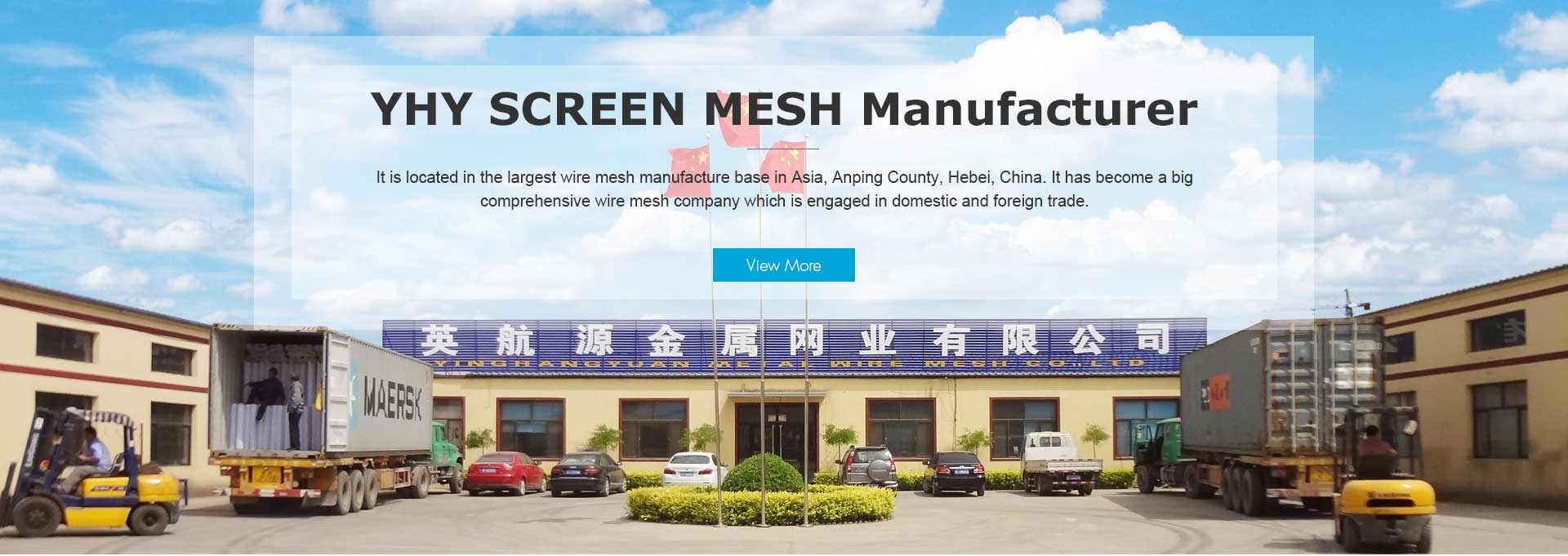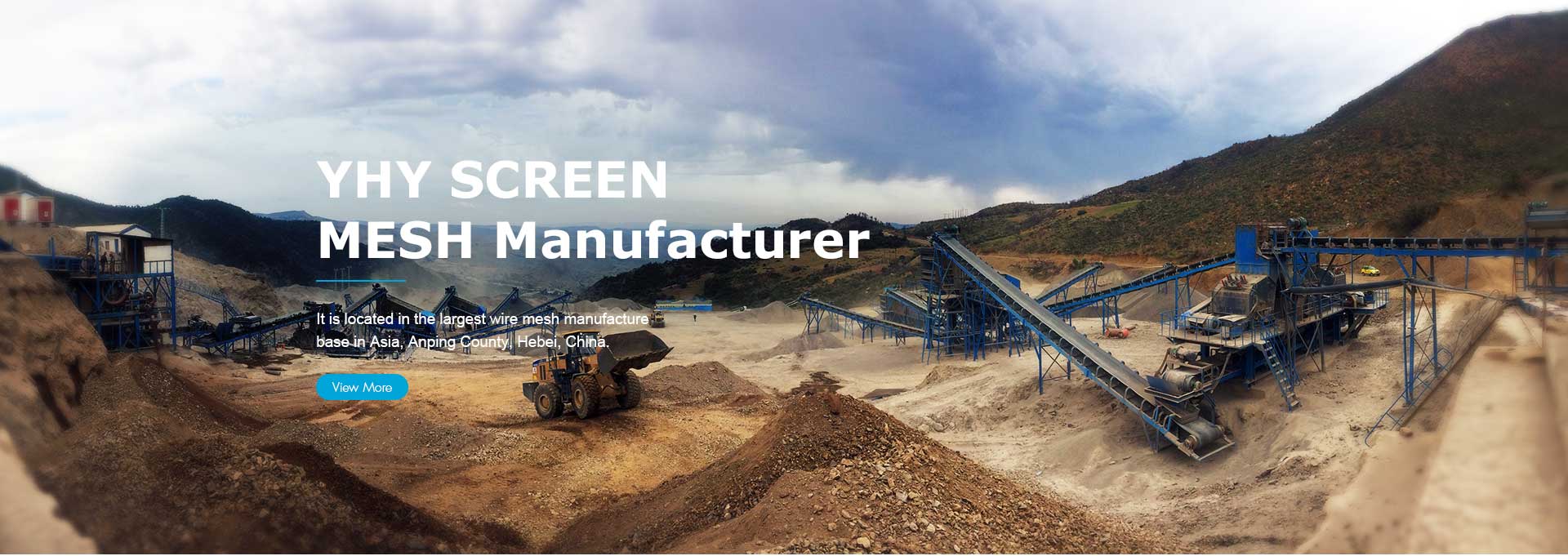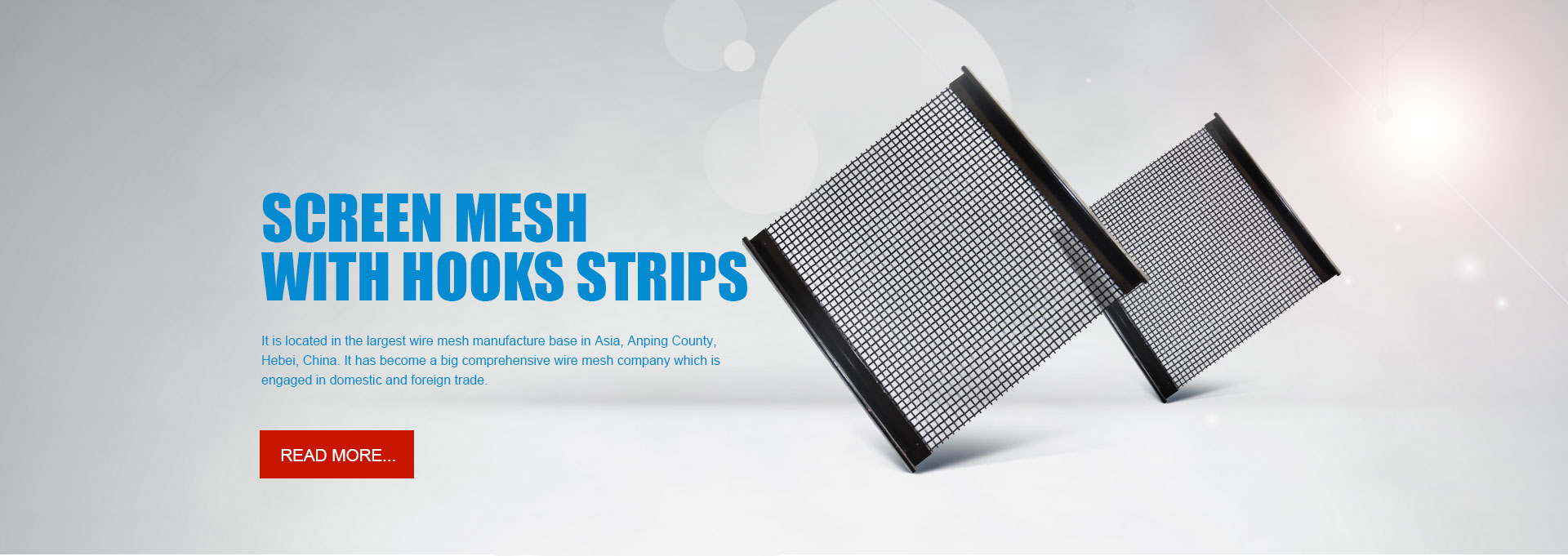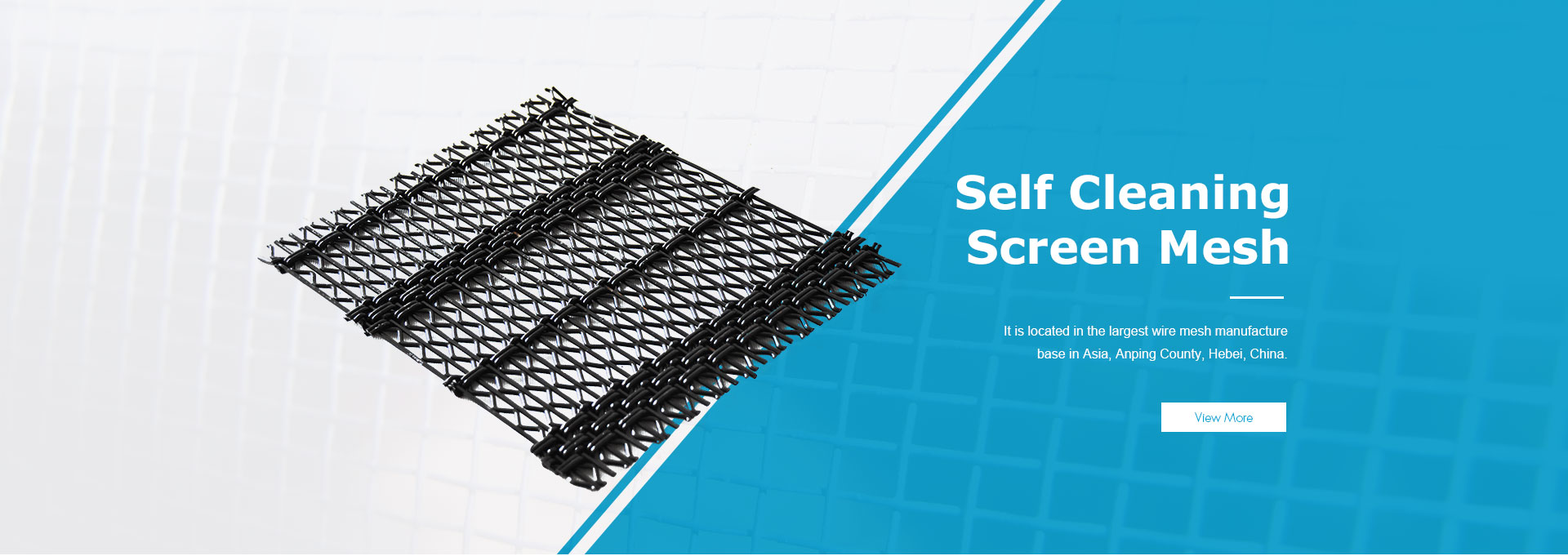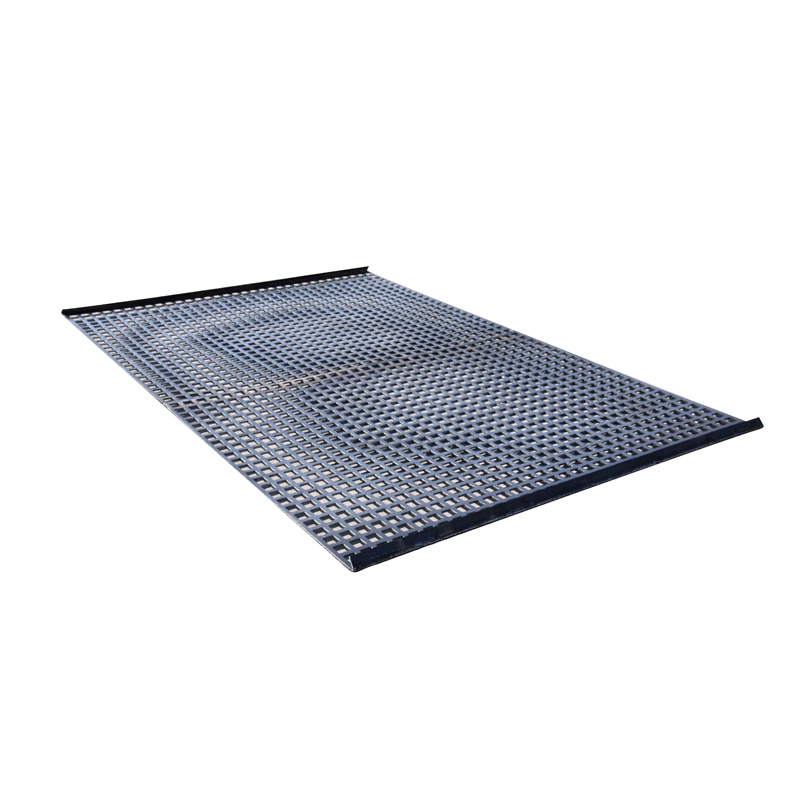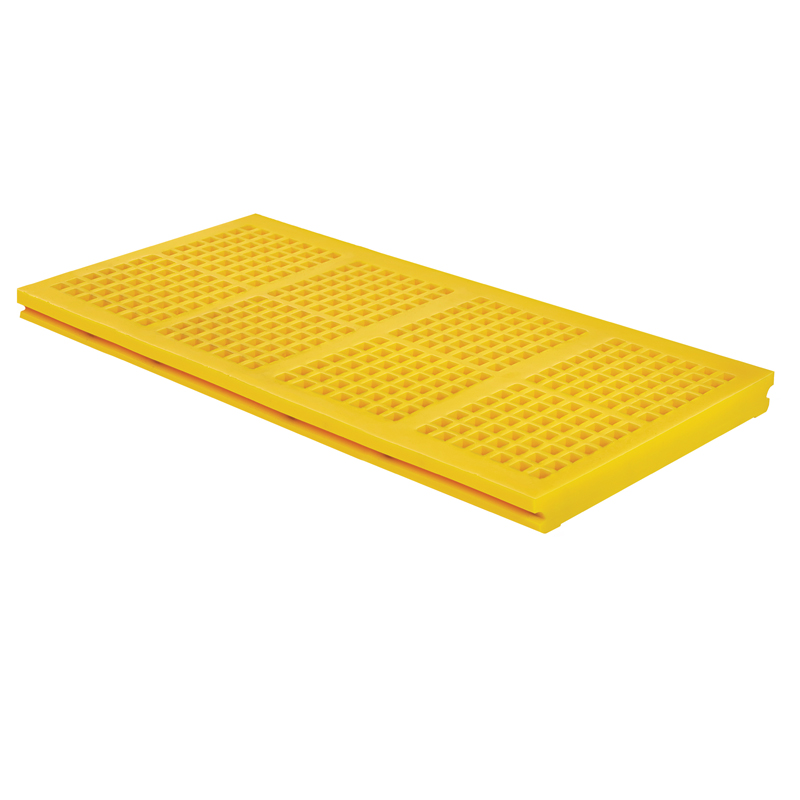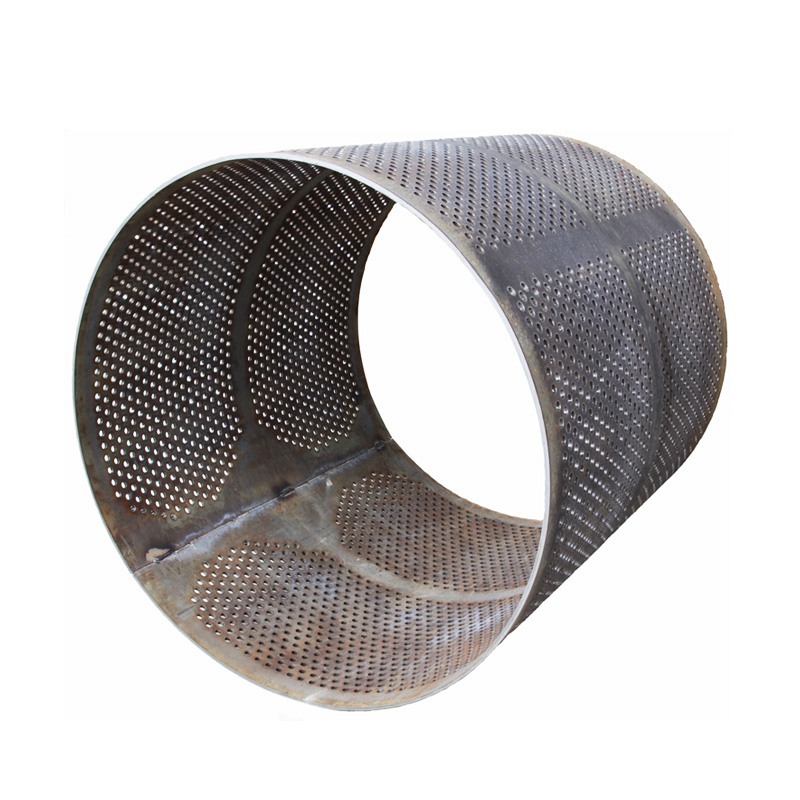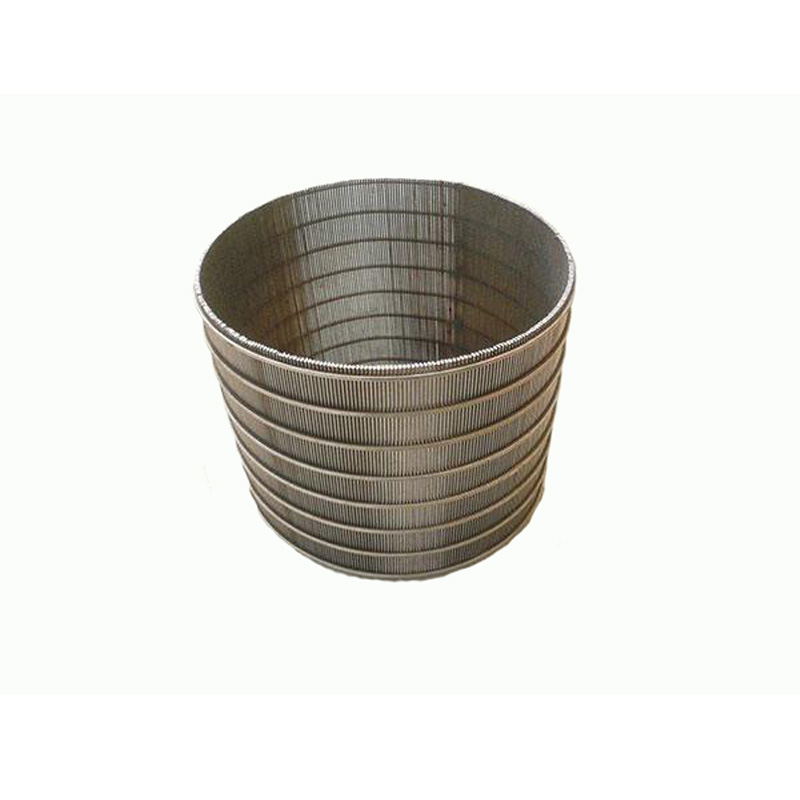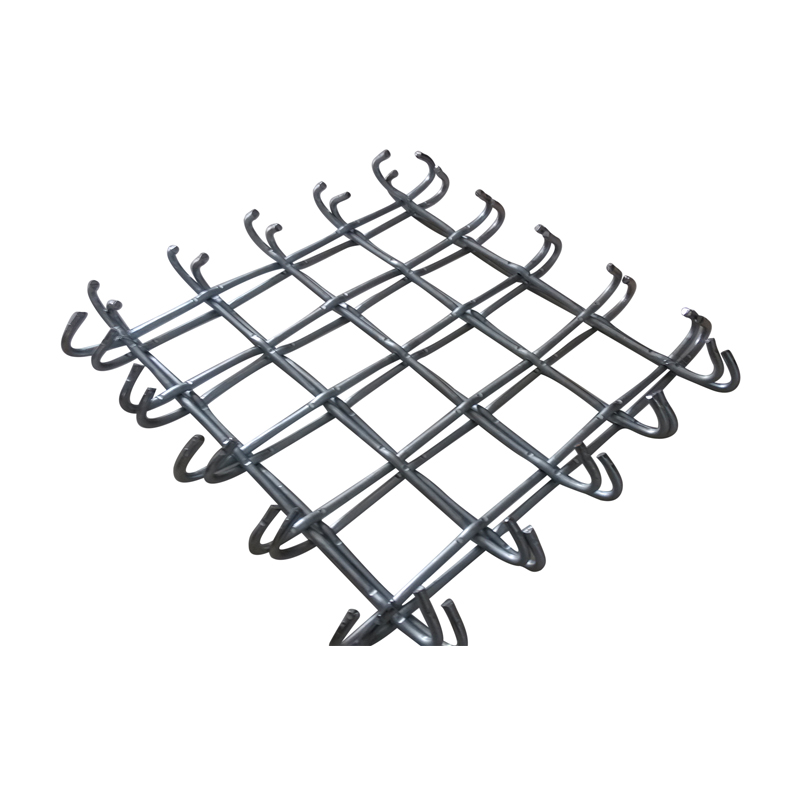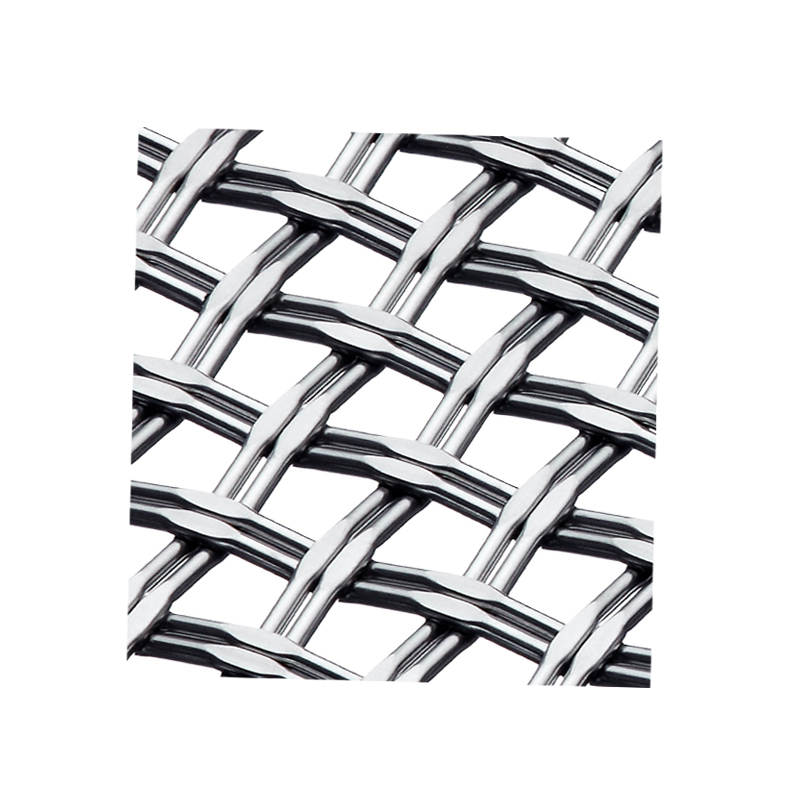What is the tensile strength of chain link fence
Mar. 12, 2025
The tensile strength of the chain link fence refers to the maximum tensile stress that the material can withstand before it breaks in tension (tensile failure load ÷ cross-sectional area). The material of the chain link fence can be hard or soft. The tensile strength of the hard steel wire is between 540-980Mpa; the tensile strength of the soft steel wire is between 440-785Mpa.
When the chain link fence is produced and processed, a light yellow liquid on the surface is the anti-rust oil.
It is a kind of metal with super anti-rust and salt resistance, which can form a dense protective film on the surface of metals such as copper, iron, and stainless steel. This protective film has strong bonding strength and effectively prevents corrosion from external substances. The protective film is not easy to be scratched, and does not affect electric welding and conduction.
After the chain link fence is made into a box-shaped container, it is filled with rubble and used on embankments, roads and bridges, reservoirs, seawalls and other civil engineering projects. It is a choice for flood prevention and flood control. The chain link fence can also be made into a conveying net for mechanical materials.
Material before plasticization: 1. Iron wire 2. Galvanized wire 3. Redrawn wire 4. Annealed wire 5. Stainless steel wire










